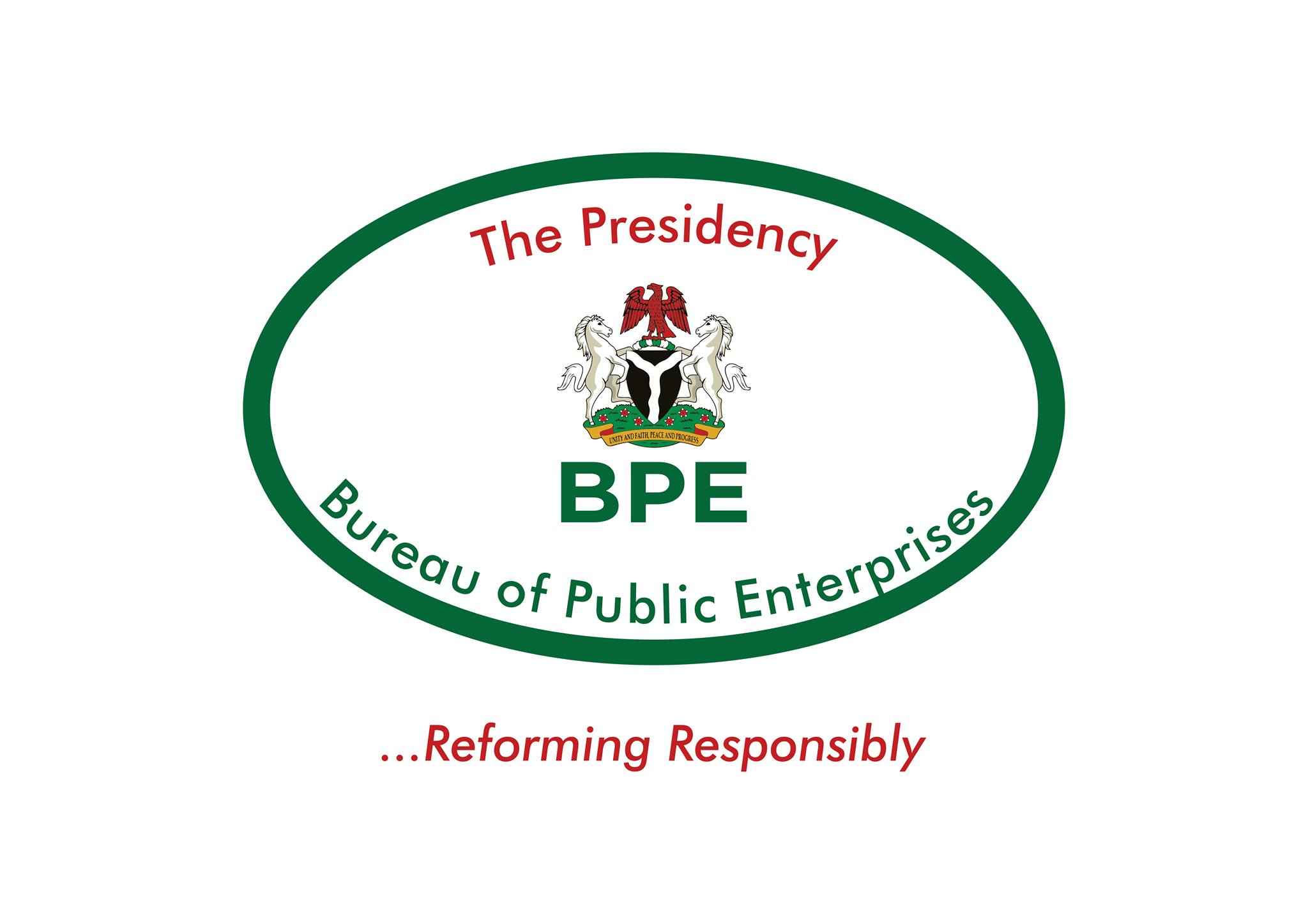BACKGROUND AND CORPORATE STATUS OF PAN
Peugeot Automobile Nigeria Limited (“PAN” or “the Company”) was incorporated on 15th of December 1972 as a Private Limited Liability Company under the Companies Act of 1968 with RC No. 10,961. It was established pursuant to a Joint Venture Agreement made on 11th of August 1972, between the Federal Government of Nigeria (FGN) and Automobiles Peugeot of Paris, France.
The agreement was for the establishment of a passenger car assembly plant in Nigeria for the production and marketing of Peugeot brands of passenger cars of varying models and capacities. The Joint venture agreement granted protection to the company through import restriction and duty concession.
The company on its part was to pursue a programme of gradual deletion of imported parts of at least 30% of the ex – factory value of a completely knocked down (CKD) pack by the end of the third year of operations and the agreement of an annual deletion target agreed with a standing committee to be established.
The Company is located on a site of approximately 200,000 square metre at Kakuri Industrial Estate, Kaduna. Although the plant was commissioned in 1973, actual production commenced only in March 1975. At inception, the company was designed to engage in the assembly of passenger cars of Peugeot 203, 304, 404 and 504 models of car, as well as another car of an engine capacity of about 800cc yet to be introduced to the market. The Company started operations on March 14, 1975 and by 1981 the company had an installed capacity of about 240 cars daily in two shifts.
Currently the capacity utilization of the plant is very low at about 10%. The challenges faced by the company are similar to problems facing other industrial sectors/ manufacturing concerns in the country. The used car imports remain the single most significant barrier to any expansion since these are priced at only about 35% of new PAN cars.
LEGAL STATUS
Peugeot Automobile Nigeria Limited (“PAN” or “the Company”) was incorporated on 15th of December 1972 as a Private Limited Liability Company under the Companies Act of 1968 with RC No. 10,961. It was established pursuant to a Joint Venture Agreement made on 11th of August 1972, between the Federal Government of Nigeria (FGN) and Automobiles Peugeot of Paris, France.
The Joint Venture Agreement was for the establishment of a passenger car assembly plant in Nigeria for the production and marketing of Peugeot brands of passenger cars of varying models and capacities. This objective is highlighted in the Memorandum and Articles of Association of the Company.
The company carries on its business under the name and style of Peugeot Automobile Nigeria Limited.
DESCRIPTION OF PAN ‘S PRODUCTS
The plant was commissioned in 1973 and actual production started in March 14, 1975 and by 1981 the company had an installed capacity of about 240 cars daily in two shifts, which amounts to 63,000 cars annually. Production figures in the first 10 years between 1975 and 1985 varied between 36,000 and 66,000 cars per annum of models such as 404 saloon and station wagons, 504 – Delivery Van Ambulance and 505. Within the first 10 years 342,262 cars were rolled out of the Kaduna factory. During the 1975-1985 decade the 504 became very popular amongst Nigerians who perceived it as a dependable car and thus nicknamed it the Nigerian Car. As at the end of 2002, PAN had rolled out a total of 521,676 vehicles.
The downturn in the Nigerian economy took its toll on the operations of PAN since 1987. Annual production and sales have fallen to as low as 3,750 units in 1995.
In 1995, new brands of Peugeot vehicles were introduced into the Nigerian market. The Peugeot 306 was introduced in 1995 as the premier product of the new generation technology. This was followed by the introduction of the Peugeot 406 model in 2000. This new generation of cars is expected to eventually replace the Peugeot 504 considering its new technology and more modern designs. Production of Peugeot 504 is therefore grinding gradually to a halt.
The introduction of the “ new generation cars” has necessitated a redesign and re-organisation of the plant to meet the complexities of the new technologies. New rails have been introduced for the movement of CKD parts and finished products, thus reducing cost and increasing production capacity. The current average production is between 25 and 30 cars a day.
With the plant amendments and modernization necessitated by the new technologies, the level of technology has thus enhanced the potential speed of operation of the plant. A new paint technology (cataphoresis) was introduced at the paint shop in 2000.The cataphoresis plant can treat an average of 40 cars in every 8-hour shift. The cataphoresis technology ensures a more thorough and uniform coating for protection of car body against rust and deterioration thereby prolonging life span and safety and providing a more economic use of expensive coating materials.
The current capacity utilization of the plant is approximately 25% on a single shift. Local content input on the cars range between 8-37% depending on the vehicle. Whilst the 504 local contents of about 37%, the new generation vehicles have only about 8%. Expectedly as the Nigerian market gets used to these new technologies, manufacturers will start working with PAN to increase the Local component parts of the car.
In addition to the manufacture of Peugeot brand of automobile in Nigeria, PAN also imports and distributes genuine motor spare parts for after sale activities. Its products are distributed through an elaborate network of Sales outlets, and distributors who own and maintain service garages, motor showrooms as well as spare parts sales shops.
In the last three years PAN produced an average of 7500 cars per annum. The current capacity utilization of the plant is about 25%. PAN is one of the surviving assembly plants in the country with a lot of potential. Presently the models of the cars manufactured are 306, 406 and 504, while 1.9, Expect Combi 2.0 and Boxer are imported for sale as fully built units.
THE PERFORMANCE OF THE ENTERPRISE
At the end of 2002, PAN had produced 521,676 vehicles. The bulk of the sales of Peugeot cars was for the public sector, probably about 60% of its sales are to Government and Government agencies. Most of the sales seem to have been achieved between the decades of the late 70,s to the 80’s. Out of the sale of 521,676 vehicles by the end of the year 2002, the Peugeot 504 accounts for 421,299 approximately 82%.
Like most Nigerian companies, the down turn of the economy also affected PAN. The annual turnover between 1987 to date peaked in 1991 with the production of only 13,806 vehicles. The reduced level of purchasing power in the economy hampered sales considerably making the purchase from Government more important.
The company’s sales strategy is to sell its products through distributors. The Company has a network of distributors to sell its products across the country. The distributors are empowered to sell Peugeot products, perform after sales services as well as their repair and maintenance. There are 17 distributors in total, scattered all over Nigeria, covering different areas. These distributors have been upgraded from sales offices and workshops and their staff are exposed to intensive training to achieve efficient after-sales technical knowledge of the products.
| FIVE YEAR FINANCIAL SUMMARY: 2000 – 2004 | ||||||
| 2000 | 2001 | 2002 | 2003 | 2004 | ||
| N’000 | N’000 | N’000 | N’000 | N’000 | ||
| PROFIT AND LOSS ACCOUNT | ||||||
| Turnover | 12,843,985 | 16,493,616 | 12,602,261 | 16,549,981 | 6,163,671 | |
| Profit before taxation | 765,688 | 1,284,165 | 589,050 | 348,892 | (64,085) | |
| Taxation | (141,480) | (393,827) | (236,640) | (104,668) | 19,226 | |
| Profit after tax | 607,591 | 860,357 | 334,684 | 237,246 | (43,578) | |
| Dividend proposed | (47,250) | (47,250) | (47,250) | (47,250) | – | |
| Retained earnings | 560,341 | 813,107 | 287,434 | 189,996 | (43,578) | |
| N: K | N: K | N: K | N: K |
N: K |
||
| Earnings per share | 3.86 | 5.46 | 2.12 | 1.51 | (0.46) | |
| Dividend per share | 0.30 | 0.30 | 0.30 | 0.30 | 0.00 | |
PROSPECTS FOR PAN
The future of the passenger car business in Nigeria and for that matter for PAN is bright. This is because there is a well-established market for the different products of PAN. The customers of the company are numerous and all encompassing and cover the parties from the Private and especially the Public sector.
The company also plans to expand its range of products by importing completely built unit’s vehicles and testing the market for acceptance with the objective of manufacturing them in Nigeria. These include the 307, 206, 607 the Boxer, Partner and Expect buses.

